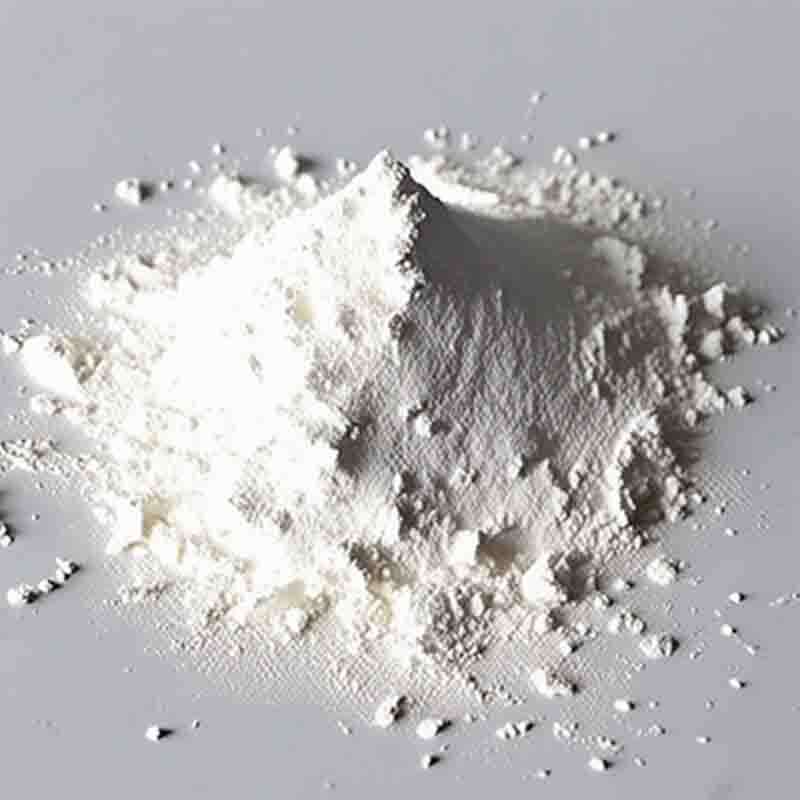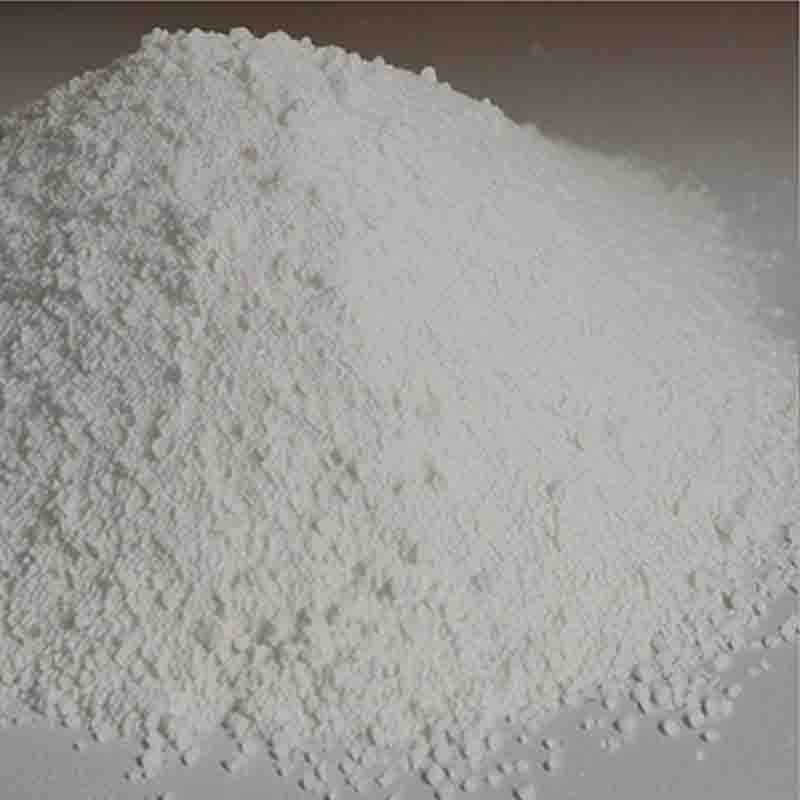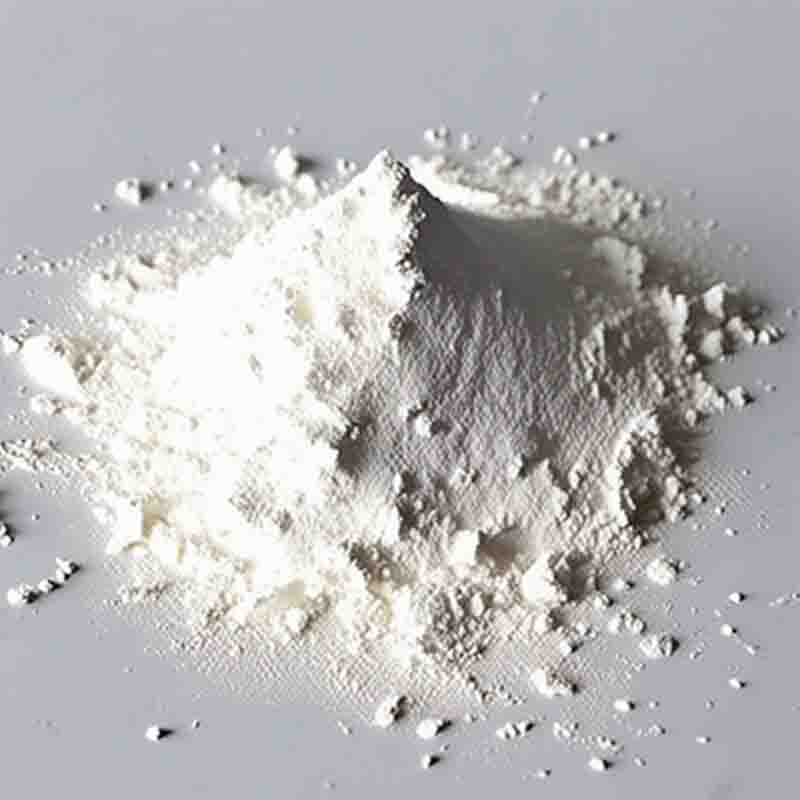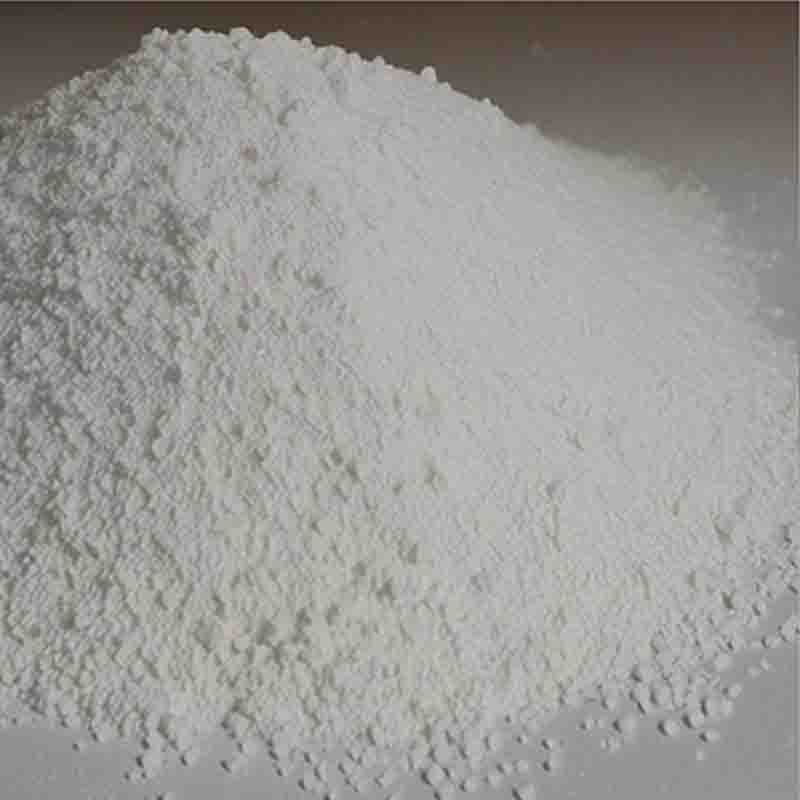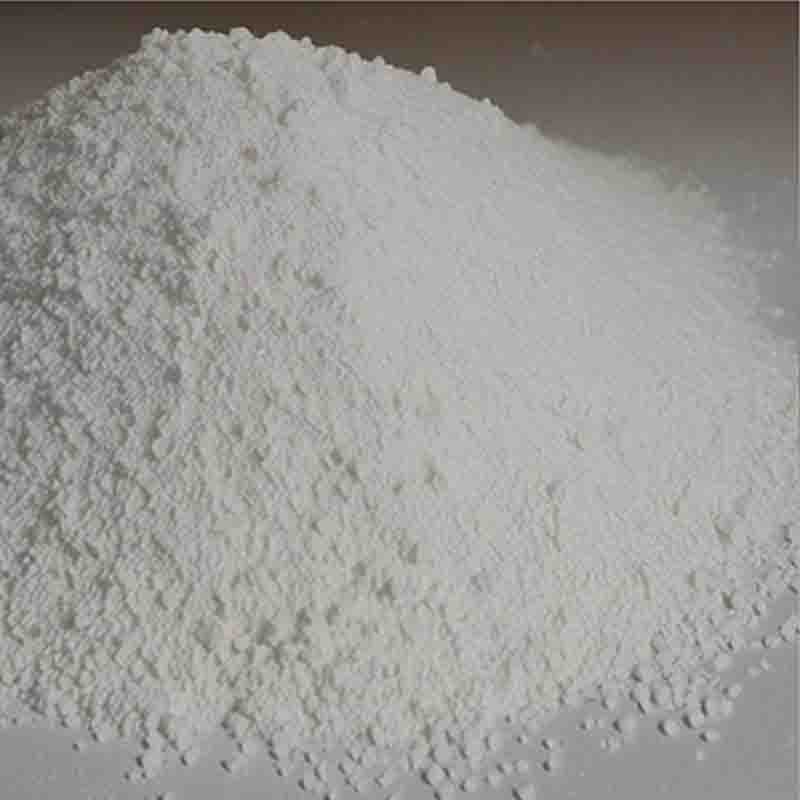N-Boc-cis-4-hydroxy-L-proline CAS: 87691-27-8
| Catalog Number | XD94129 |
| Product Name | N-Boc-cis-4-hydroxy-L-proline |
| CAS | 87691-27-8 |
| Molecular Formula | C10H17NO5 |
| Molecular Weight | 231.25 |
| Storage Details | Ambient |
Product Specification
| Appearance | White powder |
| Assay | 99% min |
N-Boc-cis-4-hydroxy-L-proline, also known as N-Boc-4-hydroxy-L-proline or Boc-4-hydroxyproline, is a chemical compound widely used in organic synthesis and pharmaceutical research. It plays a crucial role in the development of therapeutically active molecules and drug candidates.One of the key applications of N-Boc-cis-4-hydroxy-L-proline is its utilization as a chiral building block in organic synthesis. As an amino acid derivative, it contains a chiral center that gives rise to its stereoselectivity. This compound is commonly used as a starting material for the synthesis of various pharmaceutical agents and biologically active molecules. It serves as a versatile intermediate for the construction of peptide-based drugs, heterocyclic compounds, and carbohydrate derivatives.In particular, N-Boc-cis-4-hydroxy-L-proline has been extensively employed in the synthesis of peptide-based drugs and peptidomimetics. Its incorporation into peptides offers enhanced stability and protease resistance, leading to increased bioavailability and pharmacokinetic properties. This compound is widely utilized in peptide chemistry for the development of therapeutics targeting diseases such as HIV, cancer, and autoimmune disorders.Additionally, N-Boc-cis-4-hydroxy-L-proline has shown promising applications in the synthesis of carbohydrate derivatives and glycopeptides. These compounds mimic natural glycans and have significant biological activities, including immunomodulatory and anti-inflammatory effects. The versatility of N-Boc-cis-4-hydroxy-L-proline in carbohydrate synthesis contributes to the development of potential treatments for bacterial and viral infections, as well as vaccines.Furthermore, N-Boc-cis-4-hydroxy-L-proline has been investigated for its applications in materials science. Its unique cyclic structure and functional groups make it suitable for the preparation of polymer materials with desired properties, such as biocompatibility, hydrophilicity, and stimuli-responsiveness. The incorporation of N-Boc-cis-4-hydroxy-L-proline into polymer chains can enhance their mechanical strength, thermal stability, and drug-loading capabilities.In summary, N-Boc-cis-4-hydroxy-L-proline is a valuable compound in organic synthesis and pharmaceutical research. Its chiral nature and functional groups enable the synthesis of diverse molecules, particularly peptide-based drugs, glycopeptides, and peptide mimetics. Moreover, its potential in materials science suggests applications in the development of advanced materials for various applications. As research continues to explore the compound's properties and applications, N-Boc-cis-4-hydroxy-L-proline holds promise for the development of novel therapeutics and functional materials.




